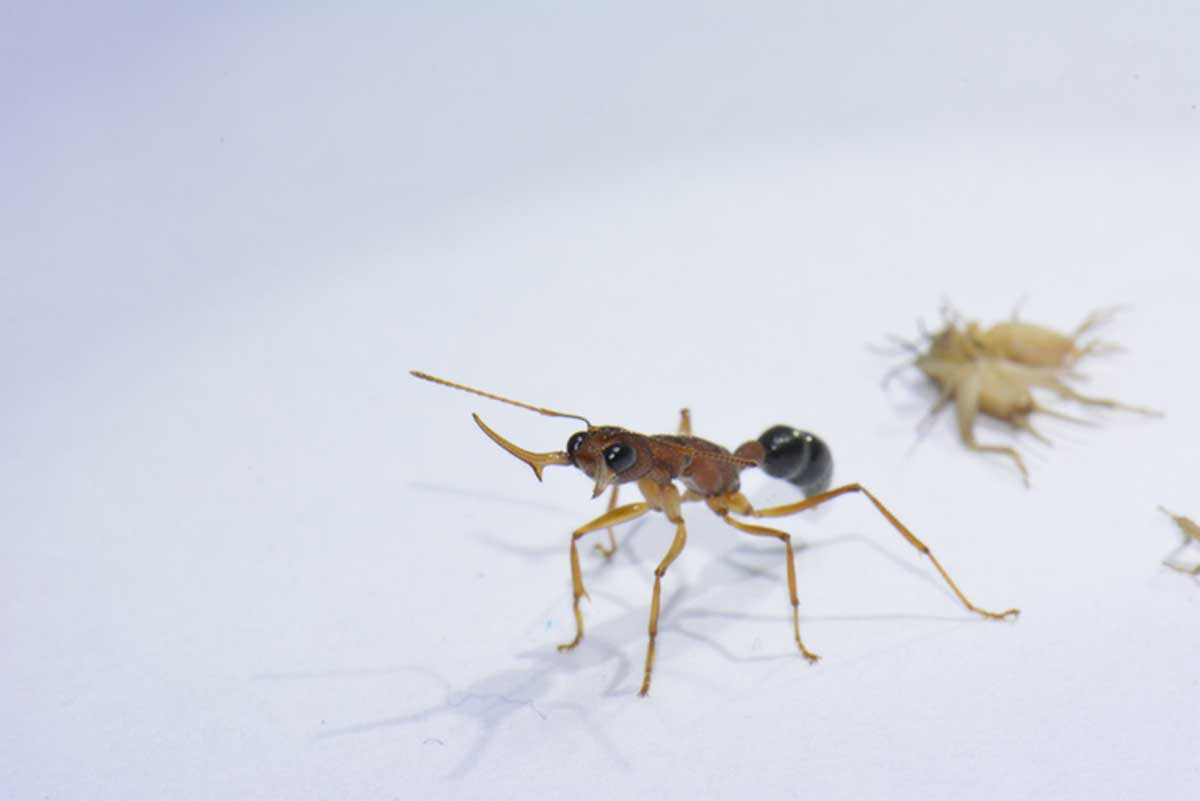Harpegnathos saltator, is a type of species of ants, that do something very unusual with themselves, depending on an outcome of any social conflict. They can switch themselves from a worker to a queen-like status and this process in known as gamergate.
New research has found out that Kr-h1 or Krüppel homolog 1, a single protein is engineering this complex social transition.
In an ant colony, working ants’ contribution in the colony is to find food for all ants in a colony and fight invaders. Queen ants’ main contribution is to lay eggs. But it is the same genetic instructions that is responsible for these different social roles and behaviours.
Researchers form University of Pennsylvania has conducted research to understand how turning certain genes so called “on” or “off” ants can change their brain function and behaviour. Researchers have chosen Harpegnathos ants as the adult Harpegnathos can switch from a worker to a gamergate.
The research team wanted to study the underlying molecular events which are responsible for this type of switching. For this reason, the researchers have developed a technique for isolating neurons from the ants and they have kept the ants alive in plastic dishes of their lab. This process has given scientists the chance to explore how cells of the ants responds to changes in their environment which also includes hormone levels.
The study has identified juvenile hormone and ecdysone hormone to be there in the bodies of workers and gamergates at different levels. These two hormones produce different patterns of gene activation in the brains of queen ants and worker ants. But the surprising fact is, both of these hormones are influence the cells by activating a single protein which is Kr-h1.
This research has found the importance of hormones that are socially regulated and gene regulation which supports animal brains to switch from one genetic mode to another.
The researchers also think that the findings of this research will go far beyond than only to understand behavioural plasticity of ants and other insects.

